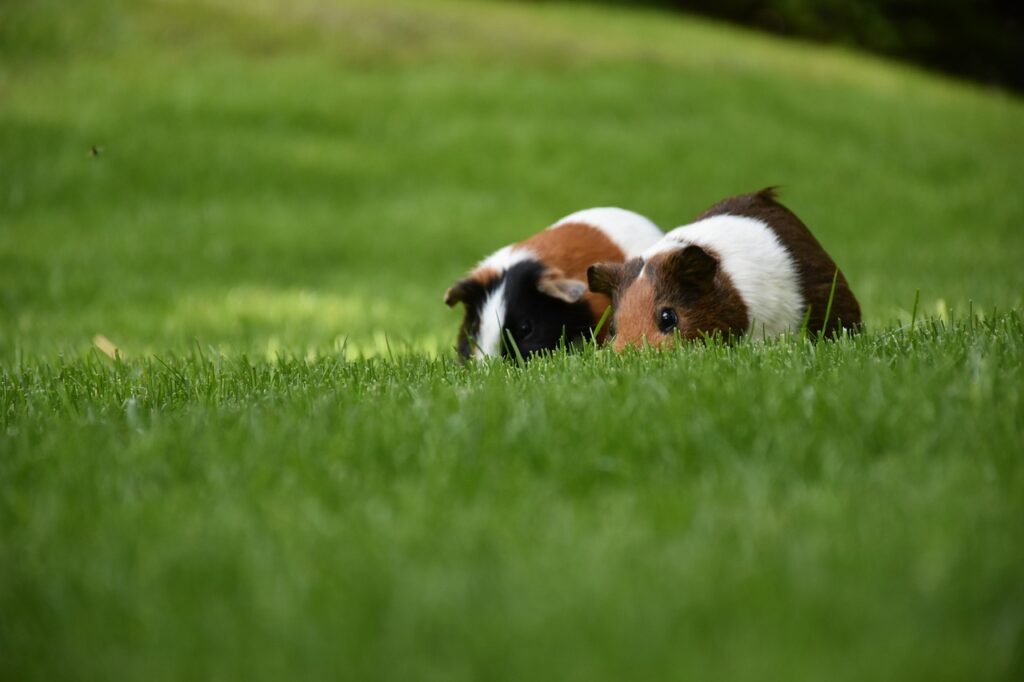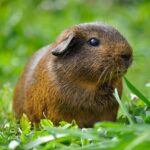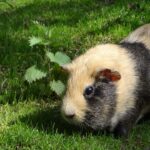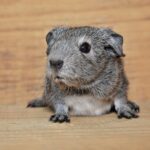Can Guinea Pigs Eat Plums?
Guinea pigs are adorable and lovable pets that bring joy to our lives. As responsible pet owners, we must ensure that our furry friends are getting the right nutrition. So, the question arises, can guinea pigs eat plums? The answer to that is no.
Why Shouldn’t Guinea Pigs Eat Plums?
Plums may seem like a delicious and healthy fruit for us humans, but they are not suitable for guinea pigs. Despite being packed with vitamins and minerals, plums pose risks to our small furry friends. Firstly, plums contain high amounts of sugar, which can lead to weight gain and other health issues in guinea pigs. Their digestive system is not designed to handle large amounts of sugar. Additionally, the acid content in plums can cause stomach upset and gastrointestinal problems in guinea pigs. It is best to avoid feeding plums to your beloved guinea pigs to keep them safe and healthy.
The Primary Advantages of Not Feeding Plums to Guinea Pigs
By refraining from feeding plums to guinea pigs, we are protecting their overall well-being. Guinea pigs have specialized nutritional requirements, and their diet should primarily consist of hay, fresh vegetables, and pellets designed specifically for them. These foods provide essential nutrients, such as Vitamin C, that are crucial for their health. By focusing on a balanced diet, we ensure that our guinea pigs receive optimal nutrition and avoid any potential complications that may arise from feeding them unsuitable foods like plums.
Guidance on Frequency and Quantity
As mentioned earlier, guinea pigs should not be fed plums. Instead, their diet should revolve around Timothy hay, fresh vegetables, and high-quality guinea pig pellets. These foods provide the necessary fiber, vitamins, and minerals for their well-being. It is recommended to provide a constant supply of Timothy hay and fresh water to your guinea pig. Additionally, vegetables should be offered daily, with a focus on leafy greens like romaine lettuce, spinach, and kale. Pellets should be given according to the manufacturer’s instructions, typically around 1/8 to 1/4 cup per day, depending on the guinea pig’s size and weight.
Potential Cautions
Although plums are not suitable for guinea pigs, it is essential to be aware of other potential harmful foods. Some common foods to avoid feeding guinea pigs include chocolate, caffeine, onions, garlic, and foods high in starch or sugar. These foods can cause digestive issues, toxicity, and other health problems in guinea pigs. As responsible pet owners, it is our duty to ensure that we only provide safe and suitable foods for our furry companions and always consult a veterinarian if we have any doubts or concerns.
Can Other Pets Safely Enjoy Plums?
While plums should be avoided for guinea pigs, some other pets can safely enjoy this fruit. Dogs, for example, can eat plums in moderation, as long as they are pitted and free from any harmful additives. However, it is crucial to remember that each pet has unique dietary requirements and tolerances, so it is always best to consult with a veterinarian before introducing any new foods into their diet.
Conclusion
In conclusion, guinea pigs should not eat plums due to the high sugar and acidic content, which can lead to various health issues. It is essential to focus on a balanced diet consisting of hay, fresh vegetables, and pellets formulated specifically for guinea pigs. By providing the proper nutrition, we ensure the well-being of our beloved guinea pigs. Remember, responsible feeding is key to keeping our furry friends happy and healthy!





